From childhood, Iryna Lisova dreamed of working in her grandfather’s editorial office. The building of Pologivski Visti in the town of Zaporizhia was her second home. Years passed, and her dream came true: Iryna became a journalist and later the editor of her “grandfather’s” newspaper. However, her familiar work and life abruptly stopped when the newspaper ceased due to Russia’s full-scale invasion and the city’s occupation. The invaders destroyed the building, but Iryna hopes to resume publishing after de-occupation.
In March, the chief editor of Pologivski Visti, Iryna Lisova, was in tears as the Russian forces bombed the editorial office at night, burning all the journalists’ tools.
— New computers, new cameras — our editorial office had everything new and of high quality. All of it was gone in an instant. Even the gifts I prepared for my girls on March 8th also burned. It was harrowing for me. I cried all night, — Iryna recalls with pain.
In that fire caused by Russian rockets, the entire publication archive from its founding was destroyed. The last issue came out on the eve of the full-scale invasion, which was the final one in peacetime.
Iryna’s phone holds a dozen photos of the city during the occupation. They depict not just ruined houses but shattered lives…
— I promised myself: I will tell my children and grandchildren, and if I live to see great-grandchildren, I will tell them about these terrifying days and months so they won’t forget what kind of ‘neighbors’ we have — Ms. Lisova says.
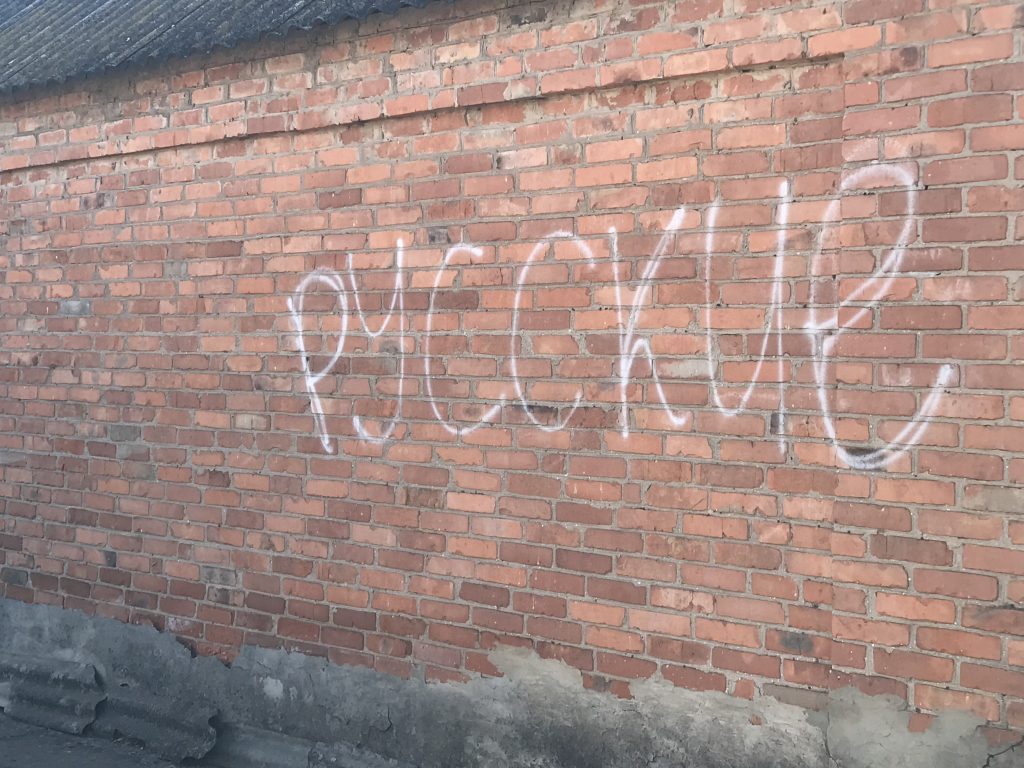
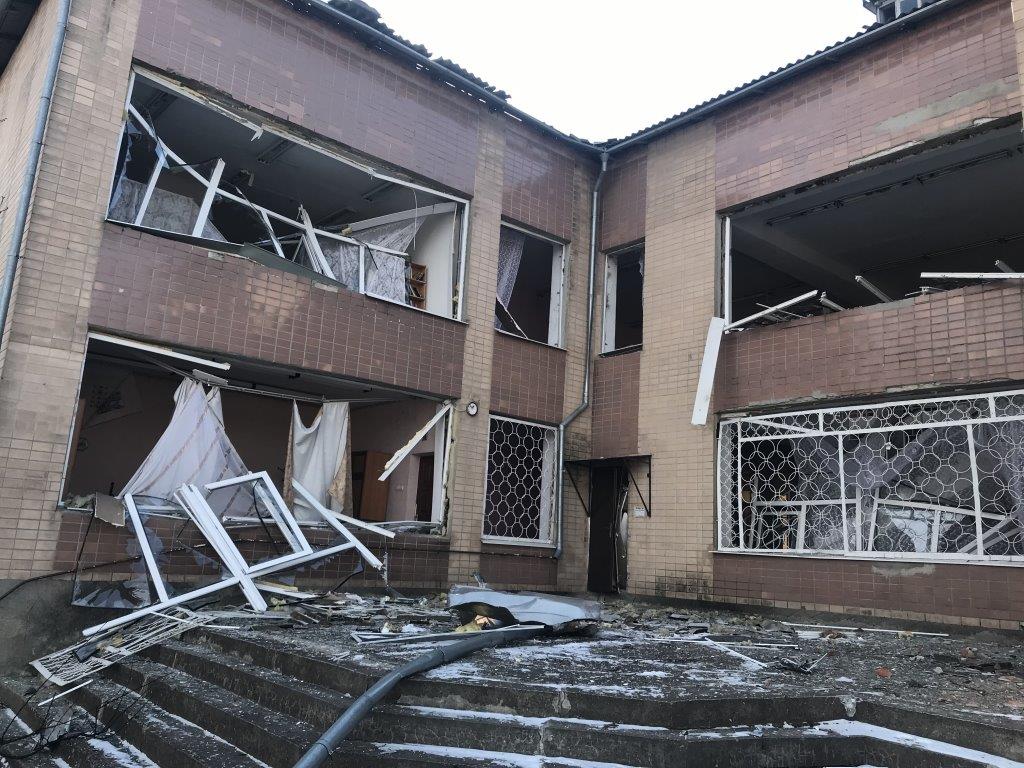
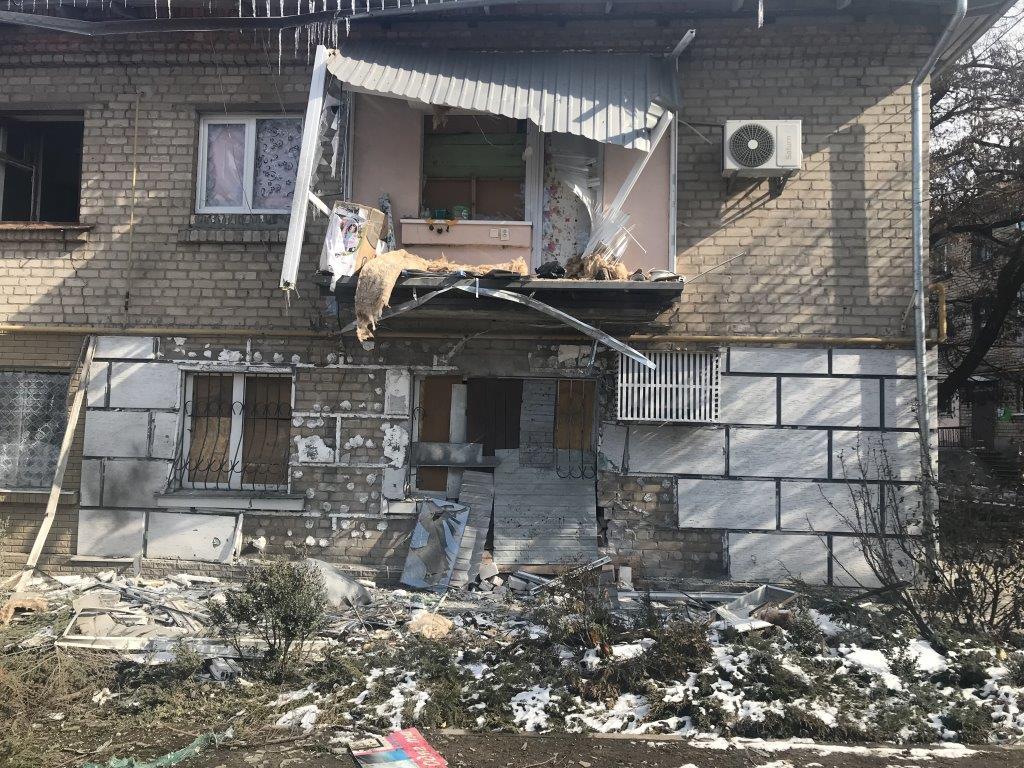
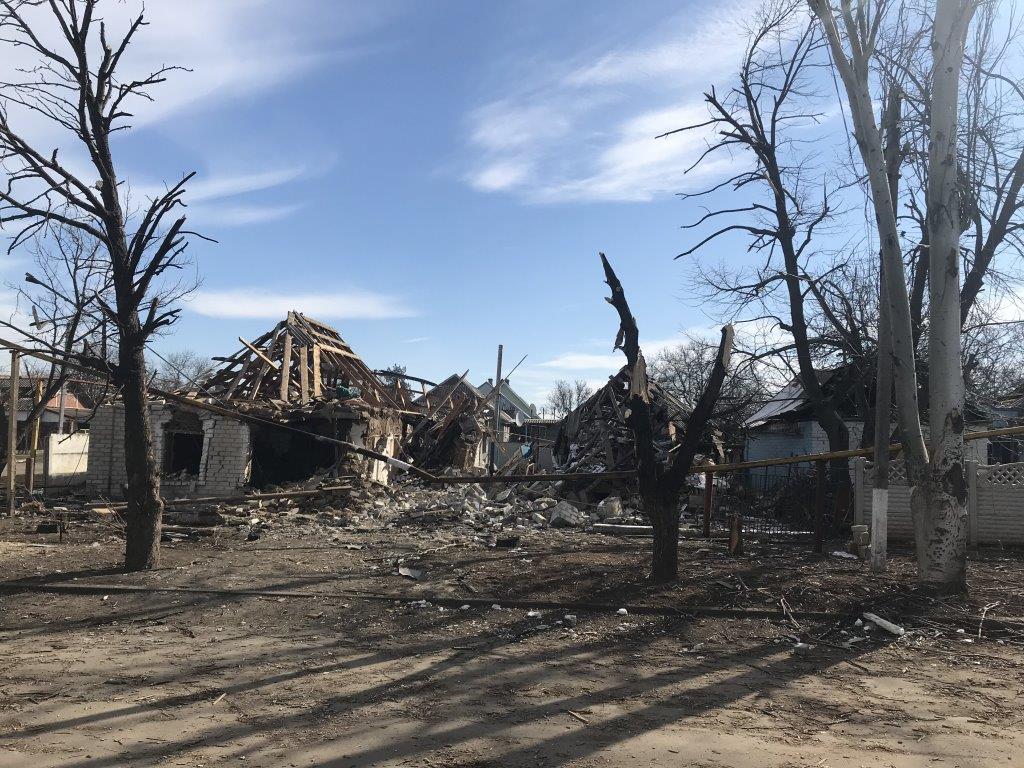
During the city’s capture, the aggressors used civilians as shields. They fired at Ukrainian soldiers from shelters where peaceful residents sought refuge.
— The bombing began. We rushed into the basement of our neighbors. The neighbor tells us: “Imagine, yesterday, a Russian was sitting in our basement, shooting, and we were sitting below.” When it became quiet, my brother and the neighbor went out to check if everything was okay. We heard automatic gunfire and thought they were killed. But when ten Russians entered and said, “It’s a good thing you came out because we’re clearing the area. We just threw something in the basement without checking who was there — Iryna shivered while sharing her memories.
Iryna and her family decided to evacuate after an enemy shell fell near their relative’s house.
— We woke up from an explosion on the morning of the 13th. After that, I said I wouldn’t spend another day here. We loaded some things, documents, money into the car, and left, — Iryna continues. — There was only one car on the whole road. Fields were smoking, emptiness all around — no one there. I had the impression I was in a horror movie.
The family spent three months in western Ukraine but eventually settled closer to home in Dnipro. Iryna now works as a teacher while also developing her online store. She dreams of restoring the newspaper’s print edition in her hometown of Pologivska after victory.
— We won’t give up on our dream and hope — to return home and live there as before. Although I understand perfectly well that life won’t be the same as before the war, I will do everything possible to bring back our native newspaper to life, — the media professional concludes.
This series, titled Executed Free Speech, is created as part of a project Drawing Ukrainian And International Audience’s Attention To Serious Violations Of Human Rights And Crimes Against Journalists And Mass Media By The Russian Federation, which is performed by the National Union of Journalists of Ukraine, with support from the Swedish non-profit organization Civil Rights Defenders.
JOURNALISTS ARE IMPORTANT. Stories of Life and Work in Conditions of War is a cycle of materials prepared by the team of the NUJU with the support of the Swedish human rights organization Civil Rights Defenders.
#CRD

 THE NATIONAL UNION OF
JOURNALISTS OF UKRAINE
THE NATIONAL UNION OF
JOURNALISTS OF UKRAINE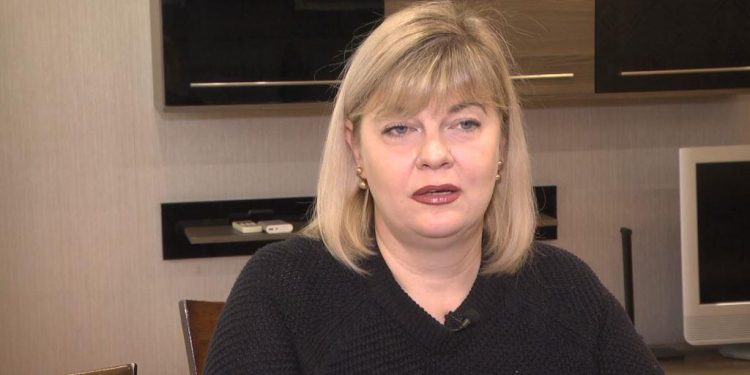
















Discussion about this post